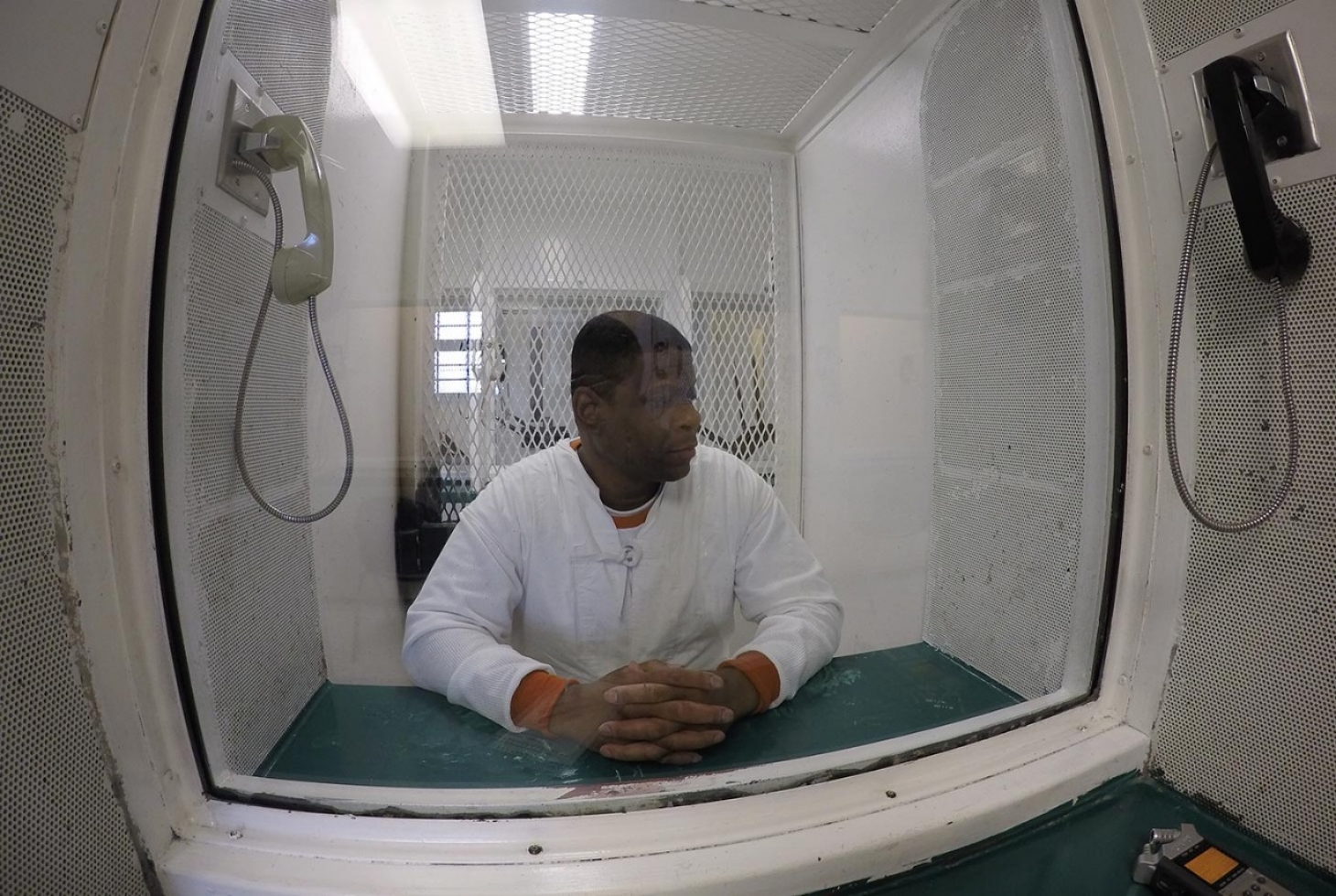Texas Court of Criminal Appeals Rejects Rodney Reed Petitions Despite Strong Innocence, Prosecutorial Misconduct Claims
The CCA also rejected Mr. Reed’s claim that prosecutors at his 1998 trial illegally suppressed evidence that could have exonerated him.
Death Penalty 06.28.23 By Innocence Staff
(Austin, Texas, Wednesday, June 28, 2023) Today, the Texas Court of Criminal Appeals (CCA) accepted the 21st Judicial District Court’s Findings of Fact and Conclusions of Law from Rodney Reed’s July 2021 evidentiary hearing, despite Mr. Reed’s claim that the judge abandoned his duty to be a neutral, independent fact finder by copy-and-pasting the State’s proposed order with only minor changes. The CCA also rejected Mr. Reed’s claim that prosecutors at his 1998 trial illegally suppressed evidence that could have exonerated him.
Jane Pucher, Senior Staff Attorney at the Innocence Project, and one of Mr. Reed’s attorneys made the following statement:
“For 23 years, Texas illegally hid evidence that could have exonerated Rodney Reed. He is an innocent man. Texans should be outraged that prosecutorial misconduct is going unchecked and the State is being given a license to cheat – even if it means sending an innocent man to his death.
“Prosecutors at Mr. Reed’s 1998 trial illegally concealed statements from Stacey Stites’s co-workers showing that Mr. Reed and Ms. Stites knew each other and were romantically involved. The suppressed evidence was crucial because it demonstrated that the key factual theory of the State’s capital murder case against Mr. Reed – that he had to have kidnapped Ms. Stites because the two were strangers – was patently false. The State also illegally suppressed statements from Ms. Stites’s neighbors about loud domestic violence arguments between Ms. Stites and her fiancé, Jimmy Fennell, a police officer who was the prime suspect in her murder for nearly a year. This evidence was critical because it undercut the prosecution’s argument that Ms. Stites and Mr. Fennell were a happy couple looking forward to their wedding.
“Furthermore, Judge Langley rubber stamped the State’s Proposed Findings of Fact and Conclusions of Law, including many obvious factual misrepresentations and misrepresentations of law. The abdication of the judge’s duty to be an unbiased, deliberative, independent fact finder cannot be tolerated, especially when an innocent man’s life is at stake. The Texas Legislature should take a serious look at the practice of the courts adopting the State’s proposed orders almost verbatim, without a thoughtful and considered process.
“In 2019, when the Texas Court of Criminal Appeals stayed Rodney Reed’s execution to allow the courts to consider his Brady, false testimony, and actual innocence claims, the CCA entrusted Judge Langley with making impartial findings and independent assessments of witnesses’ credibility, supported by the evidence. That did not happen. It is not plausible that Judge Langley could find every witness for the State to be credible and every witness called by Mr. Reed to be not credible.
“At the evidentiary hearing, Mr. Reed presented new, overwhelming evidence of his innocence. For example, at least eight witnesses, including Stacey Stites’s co-workers, friends, and family, and a former member of law enforcement, testified at the evidentiary hearing that Ms. Stites and Mr. Reed knew each other and were romantically involved at the time of her death. This testimony disproved the State’s theory at trial that Mr. Reed and Ms. Stites were strangers, she never would have associated with him, and therefore he must have kidnapped and sexually assaulted her.
“At least three witnesses testified at the evidentiary hearing that Jimmy Fennell, Ms. Stites’s fiancé, knew Ms. Stites was having an affair with a Black man and therefore had a motive to murder her. Two other witnesses testified that Mr. Fennell confessed to killing Ms. Stites. If this evidence had been presented at trial, it would have undercut the image of Mr. Fennell as a grieving fiancé, shown that Mr. Fennell had a motive to kill Ms. Stites, and the jury would not have convicted Mr. Reed.
“In this case, the State hid evidence pointing to Mr. Reed’s innocence for more than two decades. Mr. Reed’s conviction and death sentence violates the most central tenets of our Constitution and cannot stand. We will continue to fight for Mr. Reed’s freedom and bring him home to his family.”
— Jane Pucher, Senior Staff Attorney at the Innocence Project, and one of Mr. Reed’s attorneys
— June 28, 2023
CCA Orders Denying Habeas Relief can be viewed here.


Leave a Reply
Thank you for visiting us. You can learn more about how we consider cases here. Please avoid sharing any personal information in the comments below and join us in making this a hate-speech free and safe space for everyone.